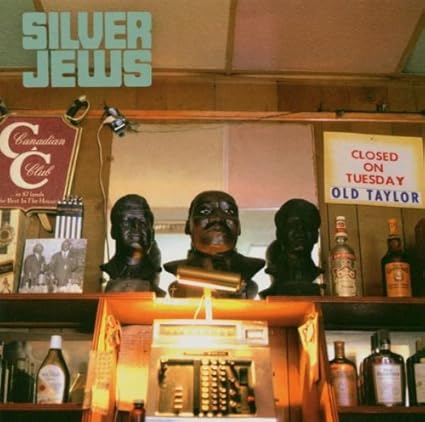Hell, yeah, in the week, near enough, ol' Shakey reveals the forthcoming of his back to the day job with the Horse, what better time to celebrate this most epochal and emblematic of Neil Young's backing crews. You can have your Stray Gators, your Promise of the New, Pearl Jam and Booker T even, it is with the Horse that the ragged glory of his plaid shirt flaps the most. Never quite as celebrated as they should be, even oft denigrated for their supposedly simplistic backing, they are the perfect frame around which their boss can shine brightest. And it they are so dumb, how come that most attempts to emulate fall so short?
Present in one form or another since 1969, a number of musicians have been included under the banner, the band existing as much in it's own right, gigging, albums, rather than merely, as they are often perceived, waiting at home for Young to revive them from their slumbers. Because such waits can be lengthy. Very. And uncertain. The core, essentially, is the rhythm section partnership of Billy Talbot, bass, and Ralph Molina, drums.
Go back further, to 1963, and the vital spark of the band was in, astonishingly, doo-wop, a capella street corner crooning. A mix of West Side Story and what would now be called a boy band. Along with Danny Whitten and a couple of others, they even got as far as recording, first as Danny & the Memories, later as the cooler entitled Psyrcle, the zeitgeist now clearly barber avoidant. (Sadly I can find no clips of the latter, all the more disappointing, the Psyrcle having one Sly Stone, then a local record store owner, as their producer.)
Land of a 1000 Dances/Danny & the Memories
Pill Song/The Rockets
I Don't Want To Talk About It/Crazy Horse
Cortez the Killer/Neil Young, Crazy Horse
Fire Inside My Soul/Ian McNabb, Crazy Horse
It wasn't until the early noughties that I actually caught them with Young, at Birmingham's National Exhibition Centre (UK), usually a soulless arena, that night shaken to the pillars by a the intensity of the fragile yet triumphant powerhouse of the collaboration.
Latterly the pairing has been increasingly intermittent, some fans despairing ever of that call ever coming round again, not least as Young was seemingly so entrenched with Promise of the New, the band of and with two of the sons of Willie Nelson. News had also come of Poncho retiring from performance. So it was with some glee that whispers came, late last year, of a 'Horse of a Different Colour', with a series of concerts following. And more this year. And you can stuff different colour, this was Crazy Horse, with the added attraction of the return of Nils Lofgren to replace Sampedro. OK, so the song comes from the wrong band, but, hell, Long May they Run. And for sure an album is coming.....
Milky Way/Neil Young, Crazy Horse
Here


